Africa’s Training wheels-
After going 7 months without seeing a familiar face I went from staying at my friend Tara’s place in Bali directly to staying at my friend Raul’s place in Cape Town. Cautious of overstaying my welcome, in particular because he and wife Brynn just got married 3 weeks prior, the plan was to spend 3-4 days there then either find a guesthouse or move on from Cape Town. 8 days later I will be giving my parting wishes to the newlyweds who helped rank Cape Town near the top of my favorite cities list. Their hospitality was enough for this former professional VIP host to take notes. From the airport pickup, to the fresh baked cookies, the snacks in my room and even vitamins and mineral supplements in case my long flight from Asia caused “irregularity”. We went to Camps Bay beach for lunch, drove up to Chapmans Peak for pictures, hiked around Cape Point and The Cape of Good Hope, climbed Table Mountain, visited African penguins, had some fantastic home cooked meals, went wine tasting (twice), beers and live bands at Waterfront and an authentic local braai (South African BBQ). I’m forever grateful to have had them looking after me for the week.
Cape Town is sort of Africa’s training wheels. South Africa is, by far, the most developed of all African countries and Cape Town the most westernized city. Testing the waters here I feel ready to dive into the rest of the continent, but it came with some eye opening revelations. I am reminded that a relatively strong economy can also coexist with cases of extreme poverty, much like it does in India. Going for a drive this hits you in the face and townships with stacks and stacks of tiny plywood homes with tin roof tops line the hillsides. Apartheid, which is government sanctioned racial segregation, came to an end here only 19 short years ago. The scars from those years haven’t come close to healing and the existing polarization of races is like nothing I have seen. The US Deep South in the 50’s and 60’s draws a comparison, but lacks the vast complexity.
Quick history lesson: South Africa was colonized by the Dutch in the 17th century. At which time they uprooted the native African population, consisting primarily of “Zulu” and “Xhosa” (pronounced Ko-za) tribes out of their homes and off their land. These white Dutch settlers became know as “Afrikaans”. South Africa became a melting pot of races from all over the world, with a strong Indian, Malay and Indonesian influence stemming from the Dutch slave trade. This class of people, along with mixed blacks, eventually became grouped together and known as “coloured” (not a derogatory term here)… If you are anything other than a black African or a white Afrikaans you are a coloured. Even with a near pedigree Xhosa bloodline, if 1 person along the line bred with anybody other than a Xhosa you were now a colored and not welcomed in the Xhosa community. (This is an extremely over generalized description and abbreviated to make the explanation of the racial dynamic here take 2 minutes instead of 2 hours). In 1948 Apartheid was instituted giving the white government free reign to further displace indigenous and coloured people and take away their land as well as freedoms. In addition to segregation the government sponsored blatant misappropriation of funds and neglected education, health care and infrastructure to anybody other than the white Afrikaans. In 1994, primarily due to the powerful influence of Nelson Mandela who was quickly gathering international support as a political prisoner, the first true universal public election was held and the African National Congress (Mandela’s party) has been in power ever since.
Today South Africa recognizes 10 other official names for the country and, in addition to English, it has 10 other official languages. To complicate things even further it recognizes 3 different capital cities. Unemployment for black Africans is steadily increasing, the poverty rate is at an all time high and there is an ongoing aids pandemic. It is estimated that over 18% of all South African adults are HIV positive. In total over 5 MILLION people in the country are infected! The Black Africans hate the coloured, the coloured hate the Africans, the Africans and coloured hate the whites, the Xhosa hate the Zulu, the Zulu hate the Xhosa and any other possible combination can be drawn up as long as it ends with everyone hating each other. Africans from other countries are not welcomed either. Once we had a waiter from The Republic of Congo who is going to college here in Cape Town. He said as soon as his studies are finished he will be returning to his country because local Xhosa people turn their backs to him once his accent is revealed. Of course this is not true of every single person as evidenced by high rates of interracial marriages. I have also been lucky enough to meet some amazing people from all racial groups during my week here. A big enabler of that has been the tireless pursuit by my hosts, Raul an Brynn, to break down these barriers at every possible encounter. The first time they initiate conversation with an African or coloured they are given a reaction like they must be completely out of their mind. Slowly but surely, much like the way I try to change the negative opinion against American travelers abroad, they are cracking the armor 1 person at a time. Every place I go with them they have a warm and friendly exchange with an African or coloured, who always seems genuinely happy to see them. One of the friends they made is a Xhosa woman who is a waitress at the nearby mall. We ate at her restaurant and after the meal sat and talked to her a bit. The conversation put a new spin on something I mentioned in a recent post about Americans “living to work”.
She revealed: “You guys in America are so lucky to be able to work and gain wealth. What you make of yourself is entirely up to you and if you focus on working hard you can succeed in life. We don’t have it this way here. My people are lazy and don’t want to work. After apartheid ended they just sit around and expect things to be handed to them. If you want to get an education and make something out of yourself you are looked down upon in the township. If you are someone that DOES work you are then expected to support everyone in the family. Usually the eldest child will be the one to work, but they only do it to support their mom, dad, brothers and sisters. In this case you become trapped and your family will go as far as sabotaging a marriage in fear of losing their sole bread winner. Our people are plagued with this mentality and there is no changing it. You don’t know how lucky you are and you should be grateful you have he ability to work for yourself.” I gave her my optimistic opinion that it wouldn’t always be that way. That eventually people would see the damage they are doing to themselves and get out of that mind set to end the cycle. She shook her head “I don’t agree, it’s not going to change”.
Cape Town is a beautiful city with some of the most diverse and dramatic landscape I’ve seen. The people are sadly jaded and I hope, for their sake, the next generation can mend the wounds. Tomorrow I leave for a safari that spans 4 countries over 3 weeks. The training wheels are off and if Cape Town is any indication it’s going to be a wild ride.
Bob
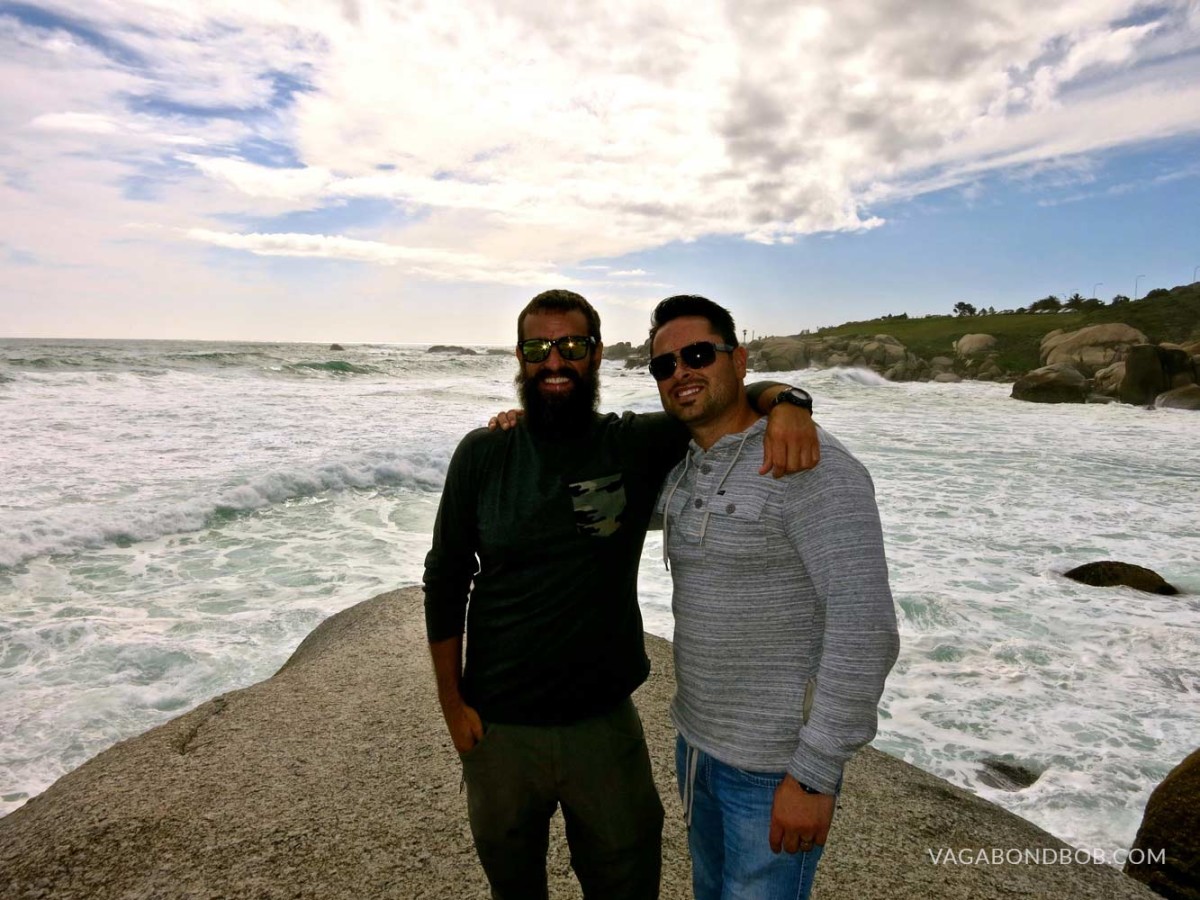
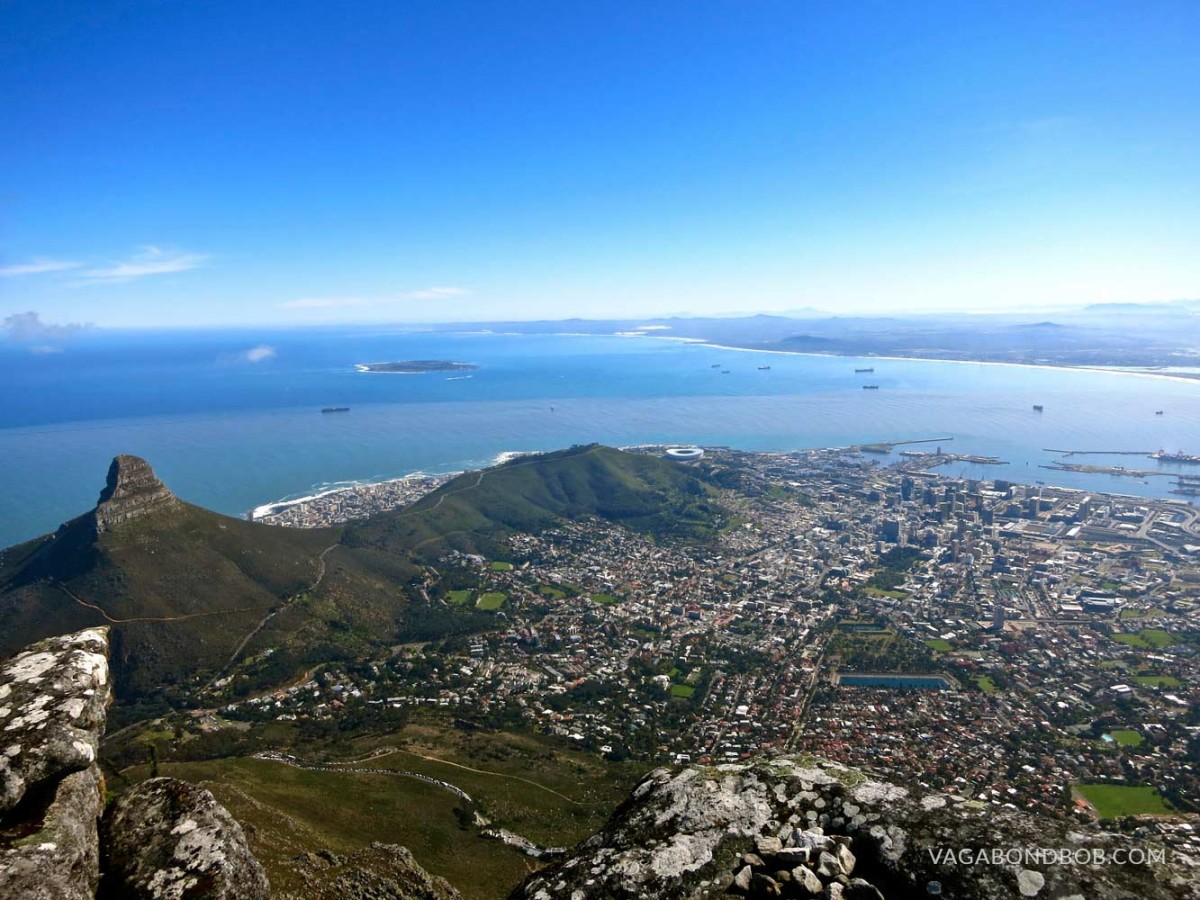
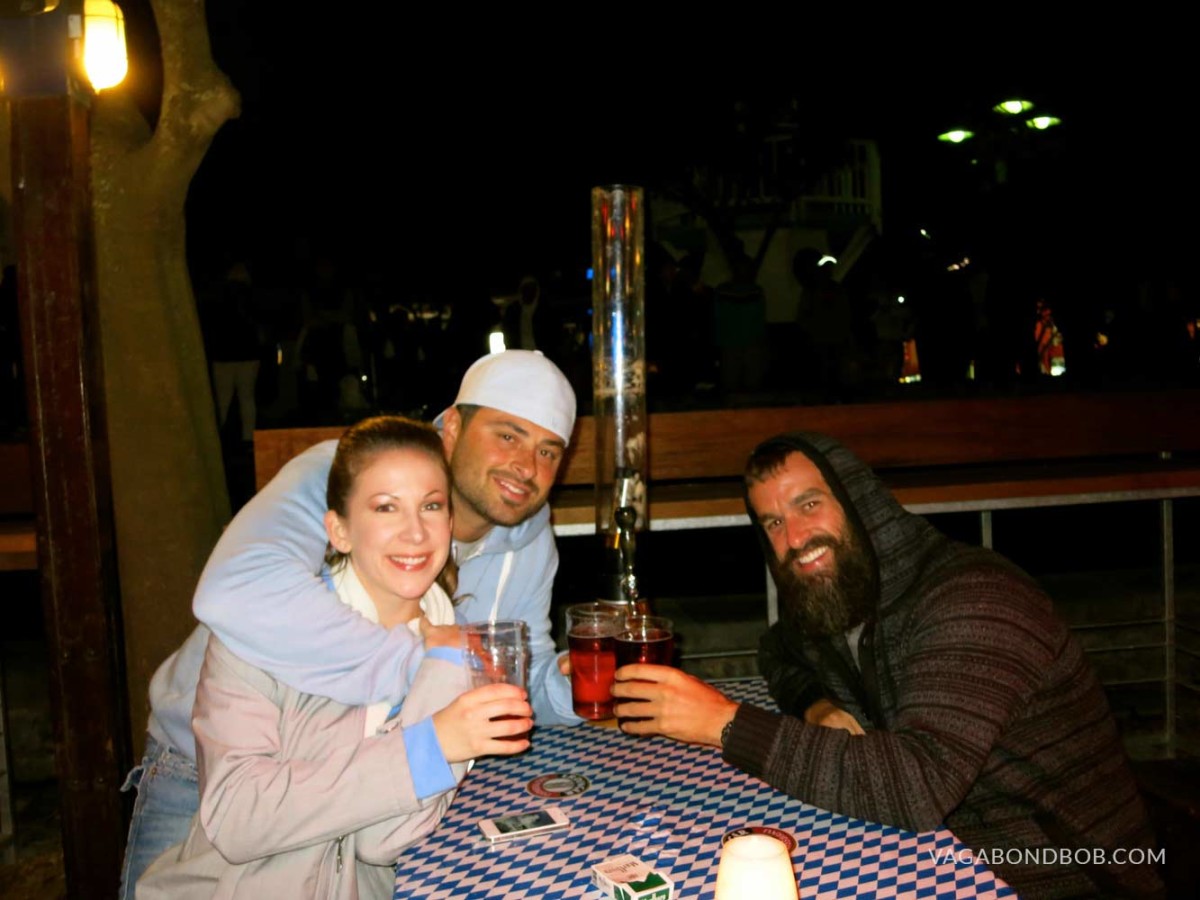



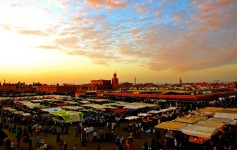

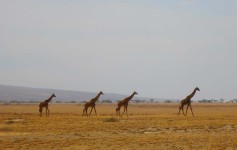
Leave a Reply
You must be logged in to post a comment.